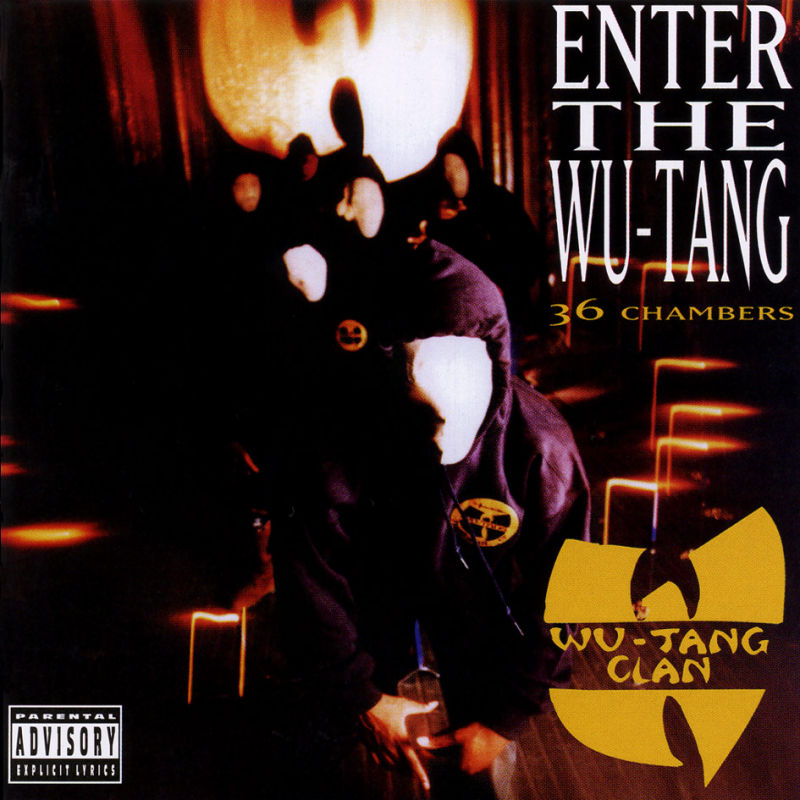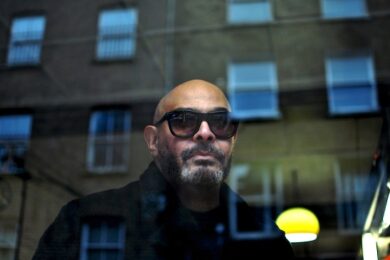4. Wu-Tang ClanEnter The Wu-Tang (36 Chambers)

I was in New York in film school for a few months in 1994 and someone in the class had a cassette of this album and they said, ‘have you heard this?’ And I said, ‘no’, so they said, ‘take it for the weekend. It’ll change your life’. I was staying in a place on 181st Street and it was way uptown and I was trying to be a little bit inconspicuous but when I put this cassette on, it felt like a whole new world had arrived on my doorstep.
Of course, I’d been familiar with hip-hop and straightforward rhymes and straightforward beats and the way that beats are sampled and put together, but suddenly there’s this weird and sparse piano playing and beats that aren’t quite holding together but are holding together in this whole, different other way that I’d not heard before. And then of course you’d have the most vitriolic raps and sentiments and other life experiences where they care about their community.
I remember years later seeing a great picture of them in the studio and they’re all sat together in pairs writing lyrics. I thought that was really clever because they were all bouncing off each other and then they pool it all together.
I just found this whole record to be a revelation and it elevated hip-hop in terms of what was going on. I embraced it. I didn’t really get on to their albums, just this solitary one and it did something for me at the time. Mind you, I was playing a gig in Slovakia at this festival and I was in this tent and they were on the main stage and the promoter said, ‘you like the Wu, don’t you?’ and I said, ‘yeah!’ So he goes, ‘well come on then.’ So I jumped onto this little jeep and he drove me off to the main stage and I watched the whole show from the side of the stage and it was just fantastic.


